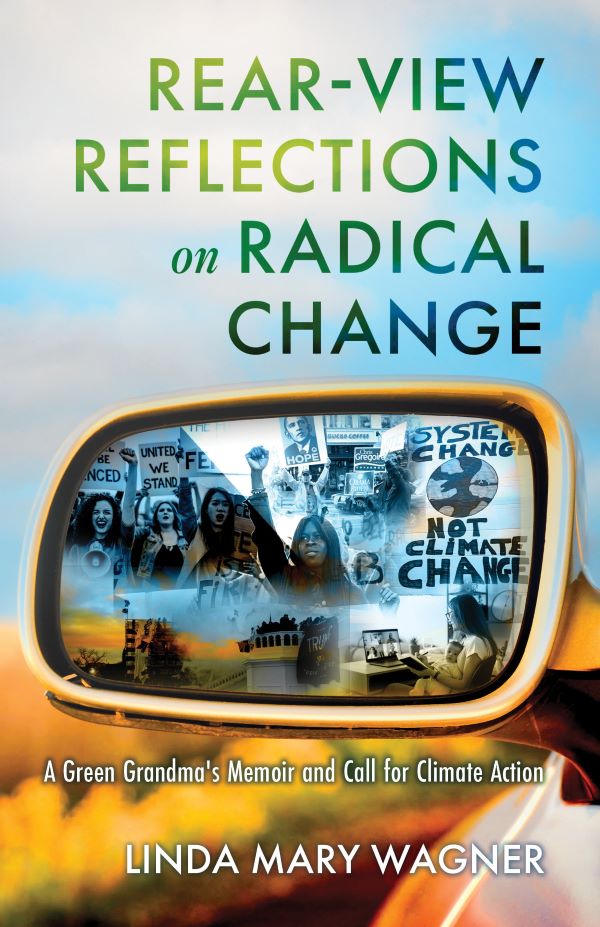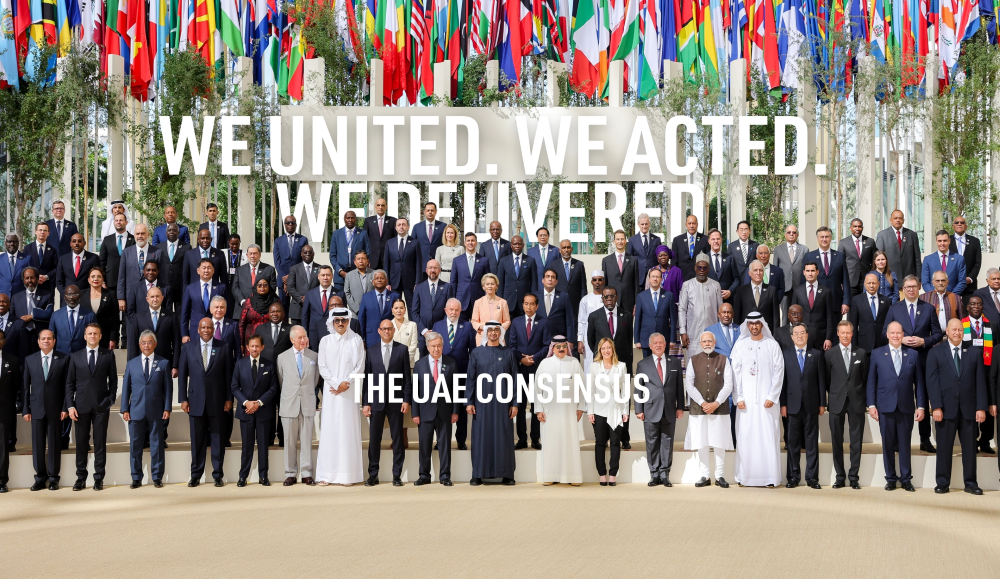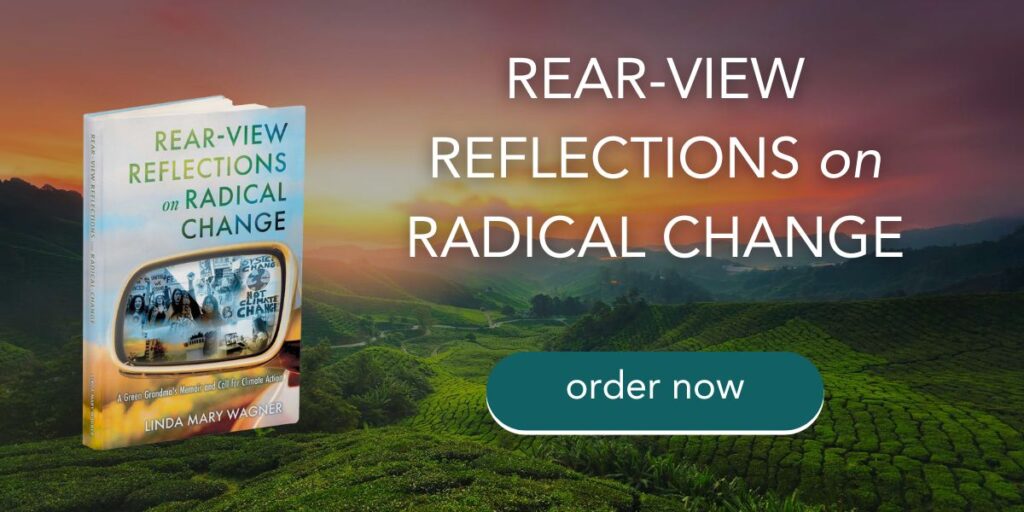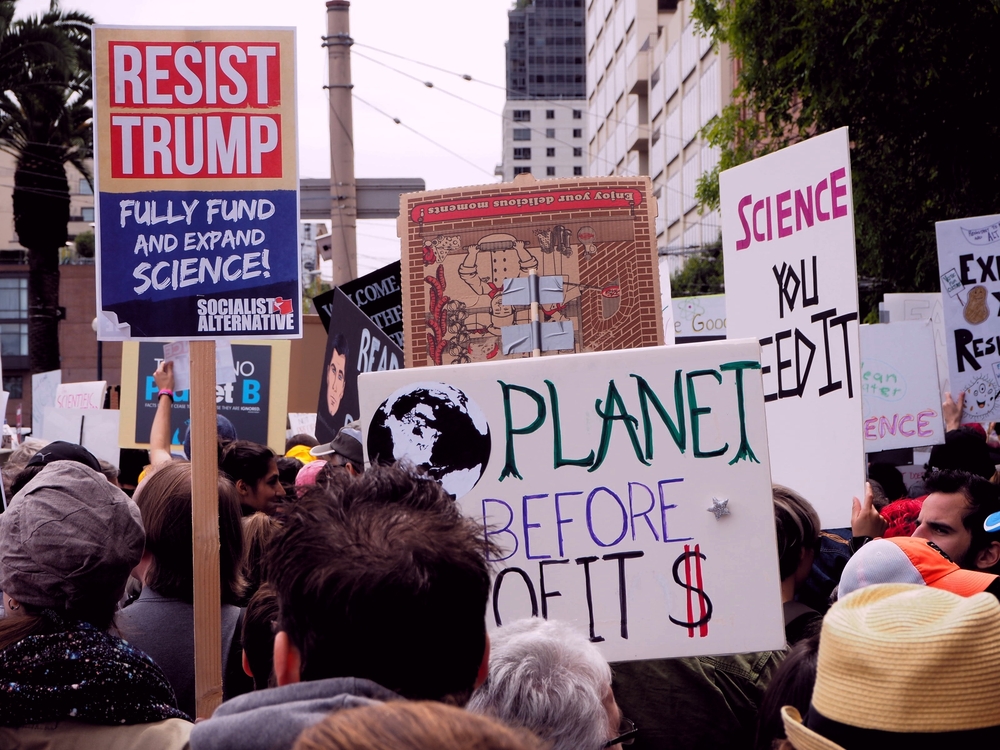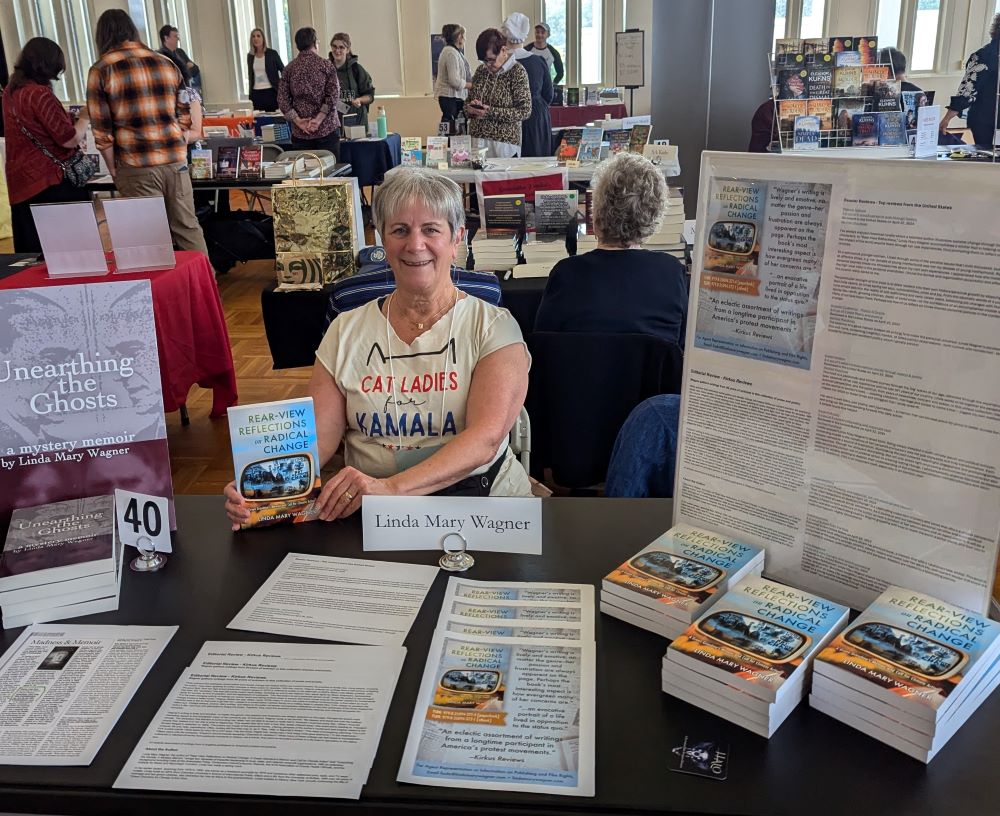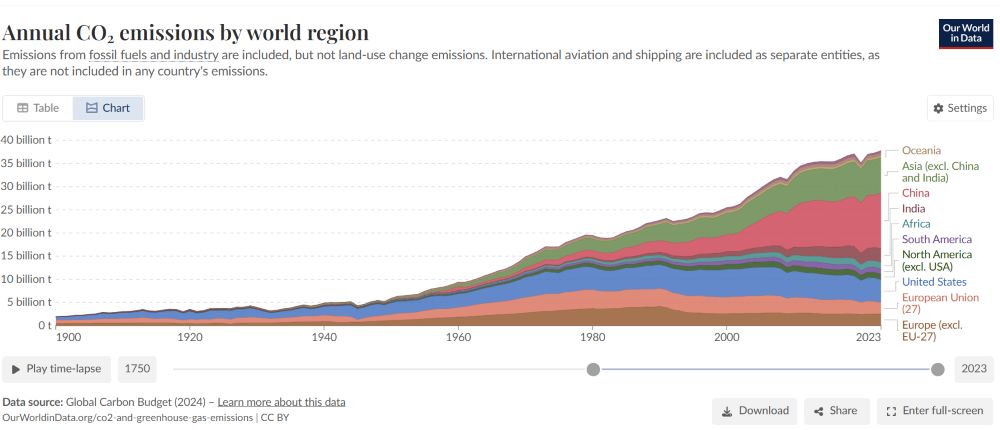For the first time in climate summit history, 200 nations at the COP28 climate summit called out fossil fuels in their concluding agreement. But the final declaration about fossil fuels used the term “transition away” instead of “phase out.” Some participants were happy, some disappointed, and some were downright distraught or furious. Here’s a roundup of reactions and links to more detailed information.
The COP28 website summarizes the final declaration: “Today, COP28 concluded with a historic agreement by 198 Parties to deliver a new era of climate action. Today, the Parties agreed on a landmark text named The UAE Consensus, that sets out an ambitious climate agenda to keep 1.5°C within reach. The UAE Consensus calls on Parties to transition away from fossil fuels to reach net zero, encourages them to submit economy-wide Nationally Determined Contributions (NDCs), includes a new specific target to triple renewables and double energy efficiency by 2030, and builds momentum towards a new architecture for climate finance.”
Various news sources reported responses to the declaration from national and international leaders and activists.
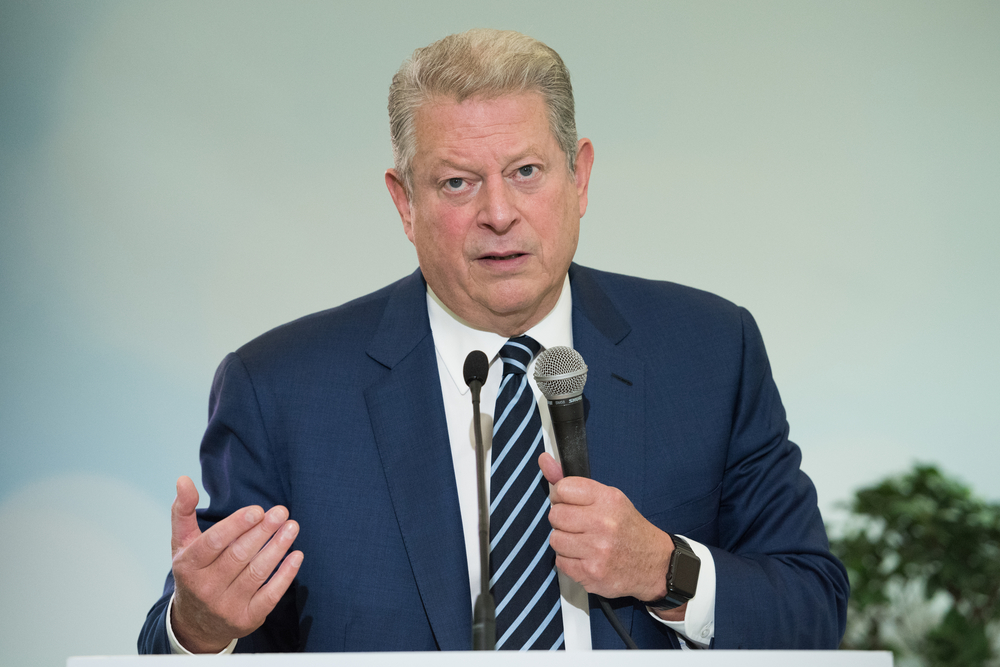
Former Vice President and climate advocate Al Gore, regarding the first draft, stated on social media, “The world desperately needs to phase out fossil fuels as quickly as possible, but this obsequious draft reads as if OPEC dictated it word for word. It is even worse than many had feared. It is ‘Of the Petrostates, By the Petrostates and For the Petrostates.’”
Anne Rasmussen, the lead negotiator for the Alliance of Small Island States (AOSIS), told the COP28 Presidency in a closing statement: “We are a little confused about what just happened. It seems that you gaveled the decisions, and the small island developing states were not in the room.
U.S. Climate Envoy John Kerry said, “The message coming out of this COP is: We are moving away from fossil fuels. We’re not turning back. That is the future…this is a moment where multilateralism has actually come together, and people have taken individual interests and attempted to define the common good. That is hard. That is the hardest thing in diplomacy, the hardest thing in politics.”
The Alliance of Small Island States (AOSIS), representing nations that face an existential threat from climate change, issued this statement: “We see a litany of loopholes. It does not deliver on a subsidy phaseout, and it does not advance us beyond the status quo. We do not see any commitment or even an invitation for Parties to peak emissions by 2025…It is not enough for us to reference the science and then make agreements that ignore what the science is telling us we need to do.”

Climate activist Bill McGibben (author of The End of Nature, founder of Third Act) stated, “As North America slept, delegates from around the world concluded the global climate conference in Dubai, when the chair—local oilman Sultan al-Jaber—quick-gavelled through an agreement that included a sentence calling for “transitioning away from fossil fuels in energy systems, in a just, orderly and equitable manner. That may not seem like much—it is, after all, the single most obvious thing one could possibly say about climate change, akin to ‘in an effort to reduce my headache, I am transitioning away from hitting myself in the forehead with a hammer.’ But it is—and this is important—a tool for activists to use henceforth. The world’s nations have now publicly agreed that they need to transition off fossil fuels, and that sentence will hang over every discussion from now on—especially the discussions about any further expansion of the fossil fuel energy.”
Danish Minister for Climate and Energy Dan Jorgensen said: “We’re standing here in an oil country, surrounded by oil countries, and we made the decision saying let’s move away from oil and gas.”
Rachel Cleetus, policy director at the Union of Concerned Scientists said, “The finance and equity provisions… are seriously insufficient and must be improved in the time ahead in order to ensure low- and middle-income countries can transition to clean energy and close the energy poverty gap.”
Some topics received more attention at COP28 than past climate summits, including agriculture and food systems, public health impacts of climate change, freshwater ecosystems, and reducing methane from waste processing.
A brief, informative summary of COP28 news can be heard at the Bloomberg Green podcast, Zero: The Climate Race: Is COP28 the beginning of the end for the fossil fuel era?
Other notable announcements at COP28: UN Climate Change tracked climate action announcements made at COP 28 here.
Read the full global stocktake decision text here.
Read a transcript of United Nations Framework Convention on Climate Change Executive Secretary Simon Stiell’s, closing speech here.
Coming in April, 2024 – Linda Mary Wagner’s Rear-View Reflections on Radical Change, A Green Grandma’s Memoir and Call for Climate Action.
